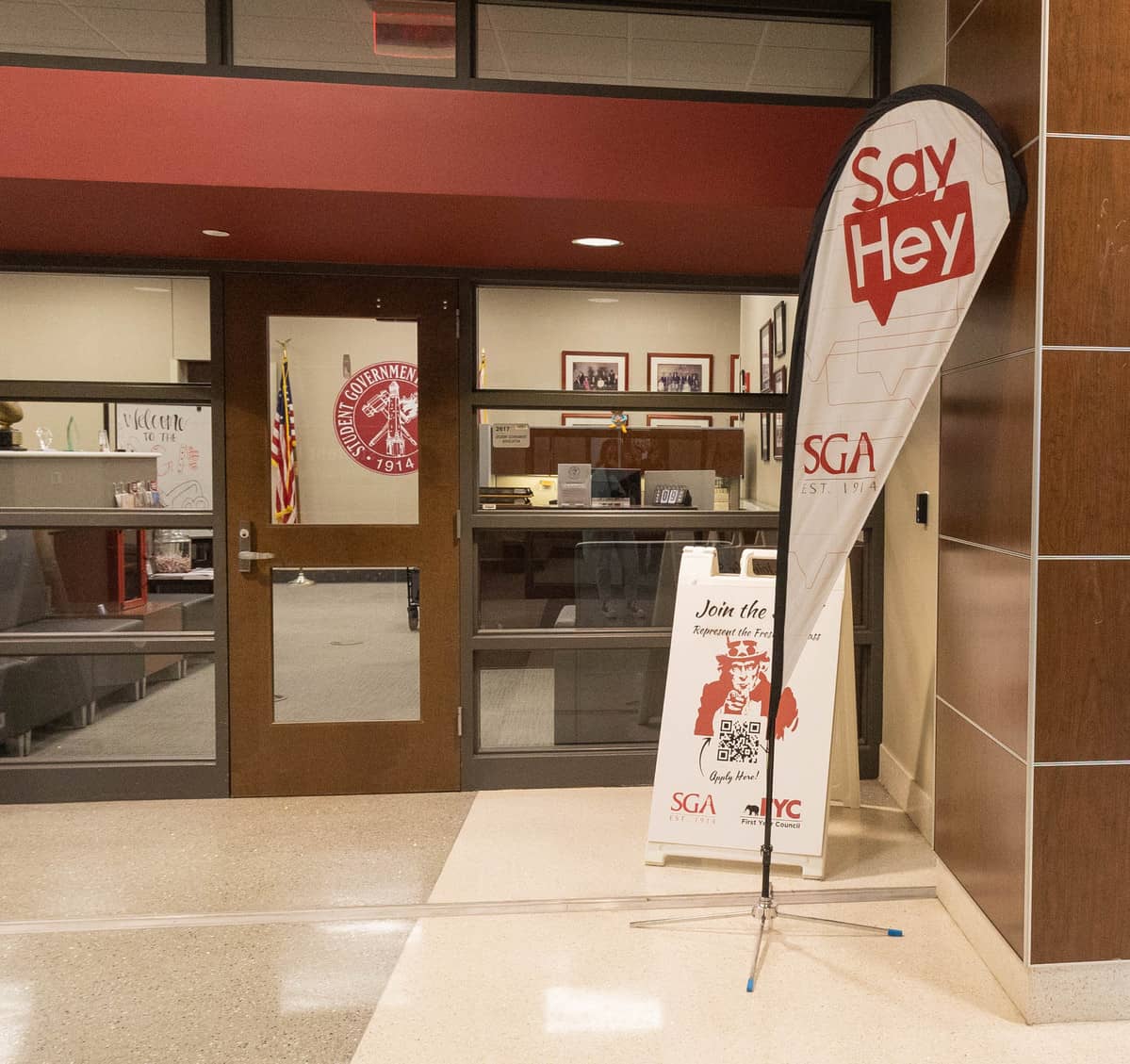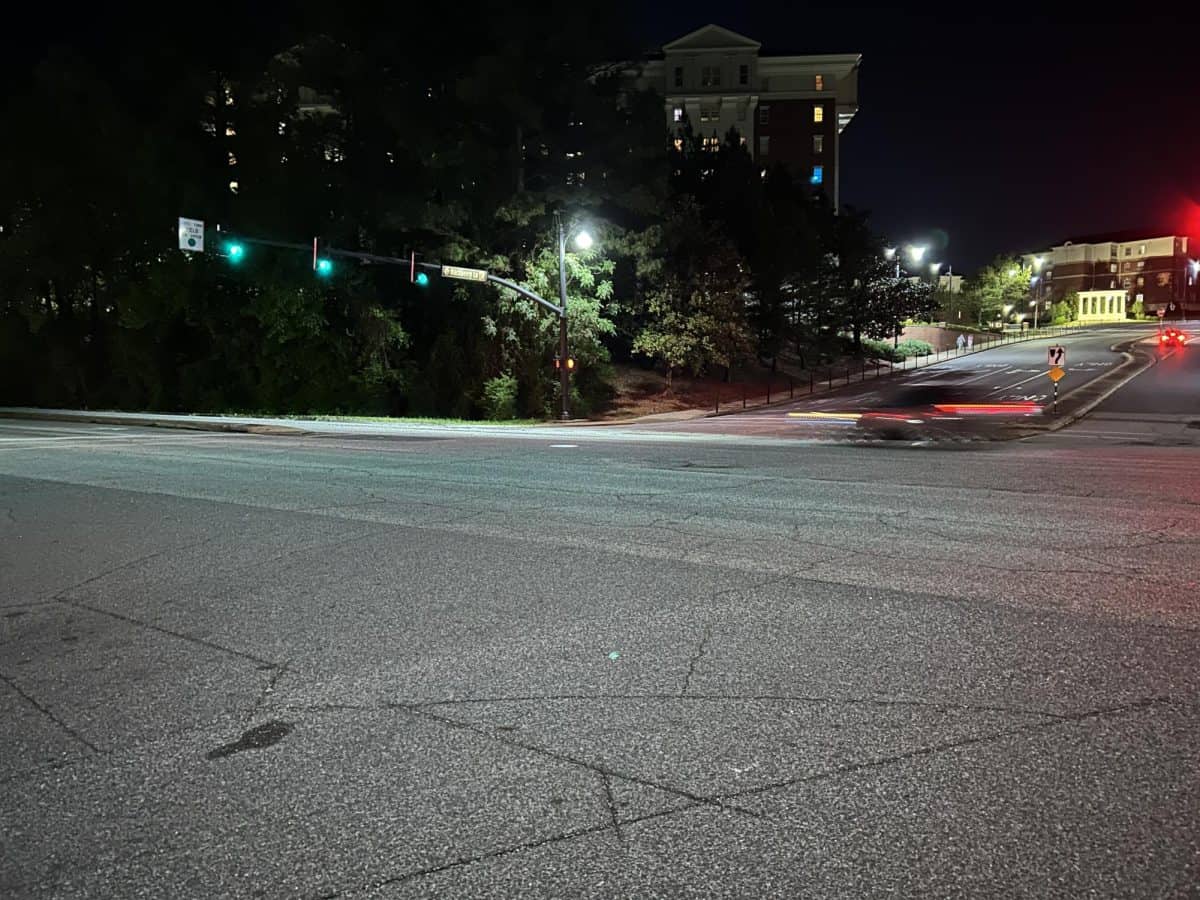On Aug. 29, the Blackburn Institute and the UA Panhellenic Association hosted special guest Lilly Ledbetter, a women’s equality activist. Ledbetter shared with students the story of her journey to getting the Lilly Ledbetter Fair Pay Act signed.
Ledbetter began with her job at Goodyear Tire and Rubber Company, where she worked for 19 years. She worked hard, often working double shifts and overtime.
“They gave me a job in 1979 during the night shift as a supervisor and manager managing mostly men,” Ledbetter said. “I didn’t see one female. In fact, I never saw a female during the night shift for a long time.”
Ledbetter continued her work, providing for her family and moving up in the workforce.
“I was handpicked along with three other men for a new management team,” Ledbetter said. “Then in 1996 they gave me a top performance award and the nicest raise I had ever gotten. But when I was hired in they gave us a new charge, never discuss your pay while working here. If you do, you will not have a job. And no one ever did.”
It wasn’t until after she was nearly 2 years out of retirement that she discovered she was being paid significantly less then her male co-workers.
“I never knew that some years I was making less than the minimum for my job,” Ledbetter said. “One night I found a note that said my pay was $3,727 base pay, and the men, all three of them who had the exact same job as me had almost $6,000 base pay. I was making 40% less.”
Shocked and angered with the realization, Ledbetter decided to contact EEOC. Goodyear offered her $10,000, but because she offered to settle for $60,000, she said that was another insult to her.
In 1999 she found an attorney to take her case, who told her that she was entitled to a lot of money.
“It’s hard to get a jury case, which is what we wanted, but in January 2003 we finally got to federal court in my hometown,” Ledbetter said.
After a week, the jury ruled in her favor of $3.8 million.
“I wanted to do a big shout, because that said a lot,” Ledbetter said. “The jury agreed with me, that I was discriminated based on the sex that I was.”
The judge had to reduce the $3.8 to $300,000, but after paying her attorney half and paying taxes on the money, Ledbetter said she had what she had originally spent.
Even so, the next day her name was in news headlines all over, and that meant more to her.
“Even though the headlines said I won $3.8 million and I only got $360,000 awarded, I liked it and it did a lot for me,” Ledbetter said.
Ledbetter continues to work as an activist to this day, making sure women are paid the same as men for the same work. On January 29, 2009, President Barrack Obama signed the first new law of his administration, the Lilly Ledbetter Fair Pay Act. It amended the Civil Rights Act of 1964, in that the 180 days limitation is reset every time someone receives a new paycheck, which originally prohibited Ledbetter from getting a case in the first place.
Lindsay Rieland, a senior majoring in Marketing and the director of community development and outreach for the Alabama Panhellenic Association, said it was an honor to co-sponsor with the Blackburn Institute and that she believed the speech was an overall success.
“I think the event went great,” Rieland said. “There was a high volume of curious UA students, faculty and staff and law makers present, making the crowd about as diverse as you can ask for. With all credit to the Blackburn Institute, I believe it was an extremely successful and rewarding event for all attendees.”
Rieland said she also believes that this is a topic everyone should be informed about.
“Representing the Panhellenic community at the University of Alabama, I personally felt an obligation for us to share Ms. Ledbetter’s experience with our women because we are one of the largest all women’s organizations on this campus,” Rieland said. “However, greek or not greek, I think I can safely say for most women on this campus that we all hope after graduation to begin our professional careers in many different walks of life. I want all women to know how to stand up for themselves, and fight for what we all know is right. I think after hearing the lecture this afternoon, more women will feel that they can do that.”






